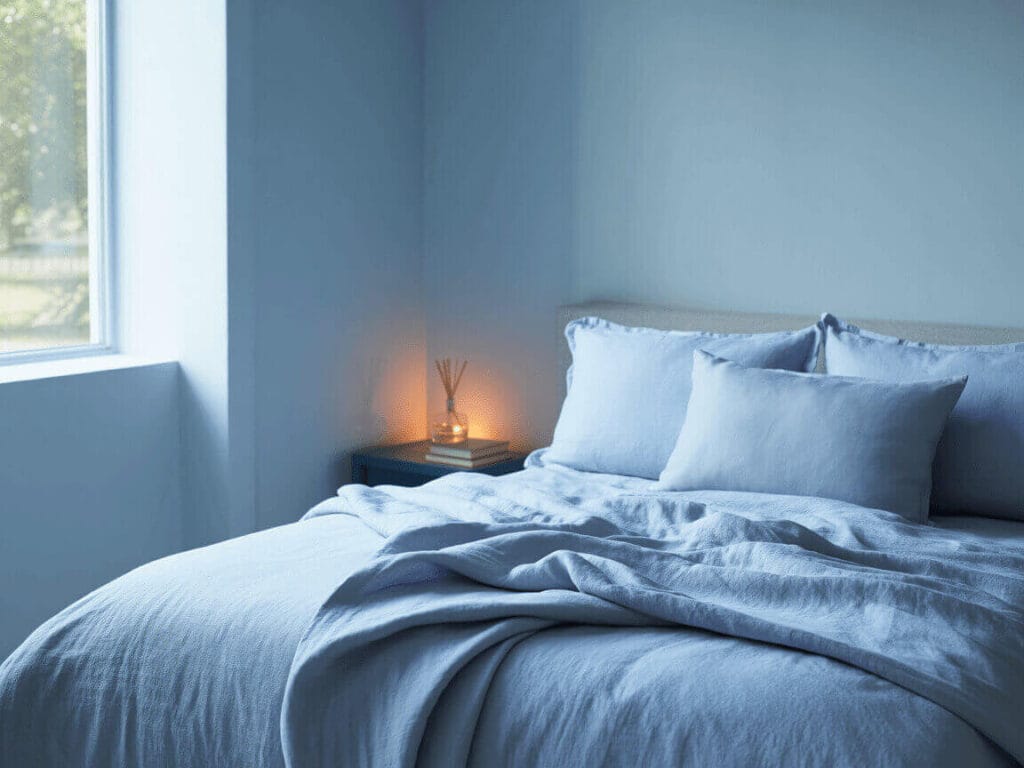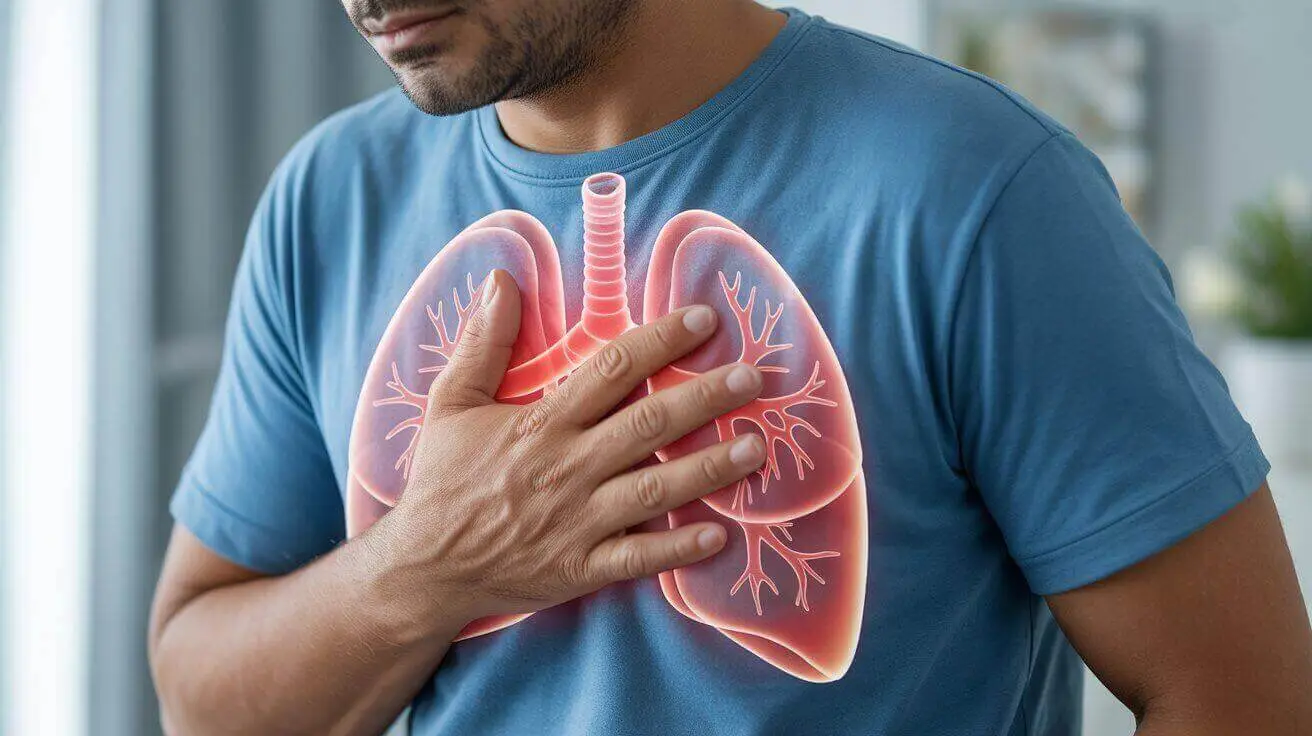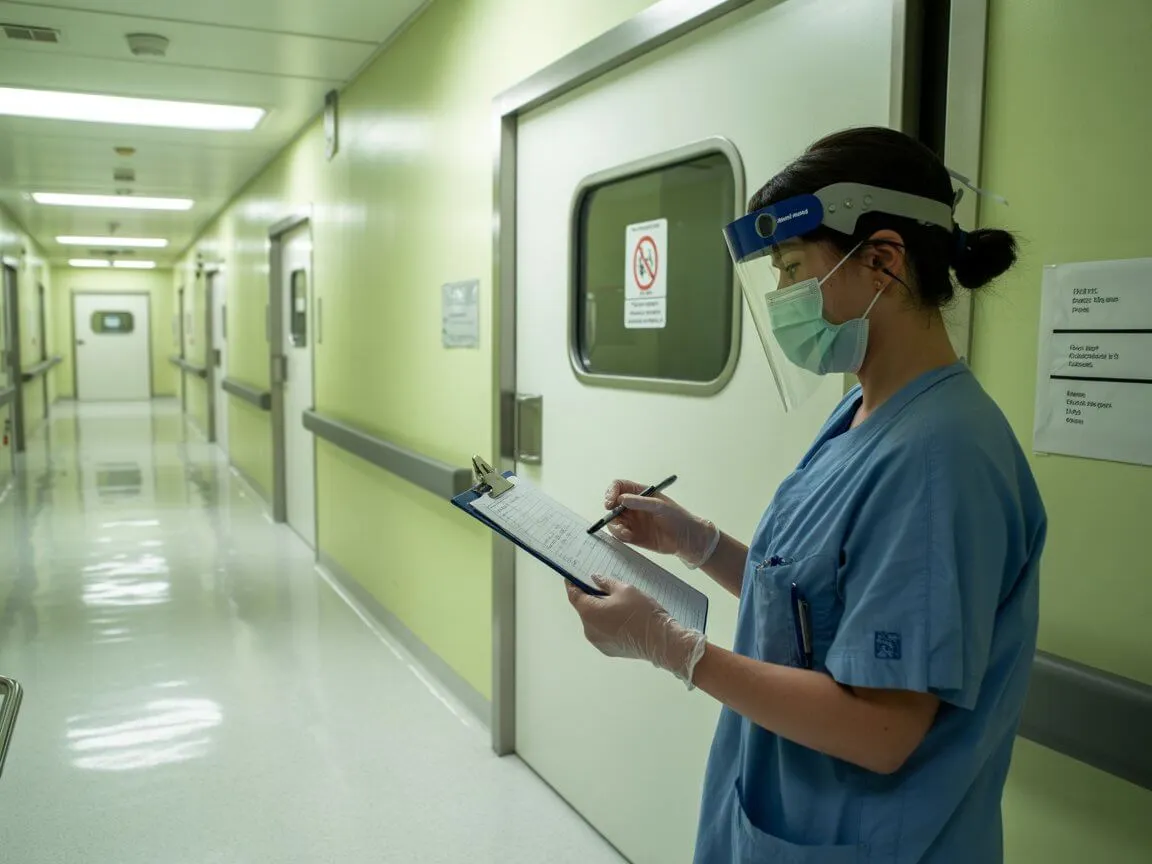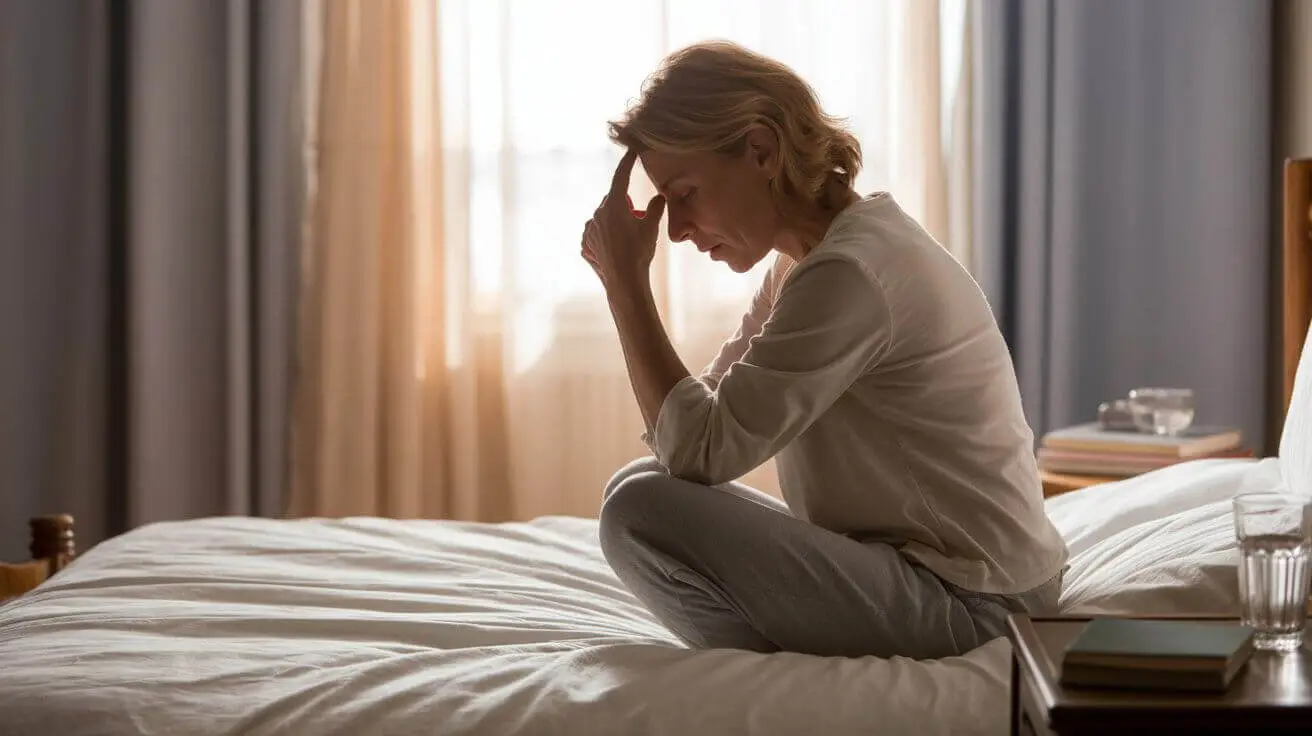If hot flashes are hijacking your sleep and making Zoom meetings a sweaty nightmare, take a deep breath: you’re not alone — and there’s help beyond hormones. Non hormonal menopause relief can make a big difference by reducing the frequency and intensity of hot flashes, helping you reclaim better sleep and confidence during your day.
Why Menopause Is Finally in the Spotlight
Menopause is no longer a taboo topic. In 2025, we’re seeing fresh research, celebrities speaking openly, and women demanding quality care — and that makes sense: women may spend up to ⅓ of their lives post-menopause, and staying informed is key to living these years with health and vitality.
Ignoring symptoms isn’t just uncomfortable: intense, frequent hot flashes are linked to higher risks of heart disease, mood disturbances, and chronic insomnia, all of which can seriously impact quality of life. Many women feel frustrated when their symptoms are minimized or dismissed, but you deserve compassionate care.
For women who have had or are at increased risk of hormone-sensitive cancers, like breast or endometrial cancer, hormonal therapies are usually avoided, making non-hormonal options even more essential.
Non Hormonal Menopause
Relief Strategies
These non hormonal menopause relief methods are essential for women seeking effective alternatives.
| Intervention | ✅ Pros | ❌ Cons |
|---|---|---|
| Cognitive Behavioral Therapy for Insomnia (CBT-I) | Reduces hot flash frequency, improves sleep and mood | Requires time and a trained therapist |
| Antidepressants (SSRIs/SNRIs) like venlafaxine or paroxetine | Decrease frequency and severity of hot flashes, easy to take | Possible side effects: nausea, sleep changes, lower libido |
| Gabapentin | Effective at reducing hot flashes and night sweats | Can cause drowsiness, dizziness |
| Lifestyle changes (exercise, weight management, avoiding triggers) | Free, boosts overall health | Takes commitment, may not fully control severe hot flashes alone |
| Herbal supplements (soy isoflavones, black cohosh, flaxseed) | Natural option, some women report relief | Evidence is mixed; possible drug interactions |
Sleep & Stress Management Strategies
In addition to these treatments, simple nighttime strategies can make a big difference:

- Relaxation techniques like 4-7-8 breathing or progressive muscle relaxation lower cortisol and improve sleep.
- Keep your bedroom below 66 °F (19 °C) with breathable bedding to reduce night sweats and night-time awakenings.
- Avoid caffeine and alcohol after 2 p.m. to minimize disruptions in sleep quality.
- Mindfulness or yoga have been shown to decrease hot flash frequency in controlled studies.
- Stay consistent with a bedtime routine, going to bed and waking up at the same time every day to strengthen your body’s sleep rhythm.
Remember: good sleep habits can also improve your mood, reduce irritability, and support your overall well-being during menopause.
- See our Best Sleep Tracker 2025 guide to find the right wearable for improving your sleep during menopause.
When to Consider Adding HRT

If symptoms like hot flashes, insomnia, or mood swings still severely impact your quality of life despite trying non hormonal menopause relief, talk with your doctor about adding low-dose hormone therapy. Many women find that a combined approach—hormone therapy plus other non-hormonal tools—offers the best relief (Shifren et al., 2019).
It’s essential to evaluate your personal and family medical history with your healthcare provider so that you can find the safest, most effective plan tailored to your needs.
Remember, non hormonal menopause relief strategies can provide effective support for many women.
FAQ
Are SSRIs safe for long-term hot flash relief?
Yes, especially in low doses, but regular medical supervision is important to monitor effects on mood, blood pressure, and libido.
Do herbal remedies like black cohosh work for everyone?
No. Studies show mixed results: some women experience moderate relief, others none. Always choose reputable brands and discuss with your doctor.
How quickly does gabapentin reduce night sweats?
Many women notice fewer night sweats within two weeks, but sedation is a common side effect.
Can I combine lifestyle changes with HRT?
Absolutely. Exercise, healthy weight, and avoiding triggers often enhance the effectiveness of hormone therapy and may allow lower doses.
✨ Conclusion: Safe, effective, non-hormonal options are available to help you face menopause with confidence. Discuss non hormonal menopause relief options with your doctor to find what works best for you.
Medical Disclaimer: This content is for educational purposes only and does not replace professional medical advice, diagnosis, or treatment. Always consult your physician or a qualified healthcare provider with any questions about a medical condition.










